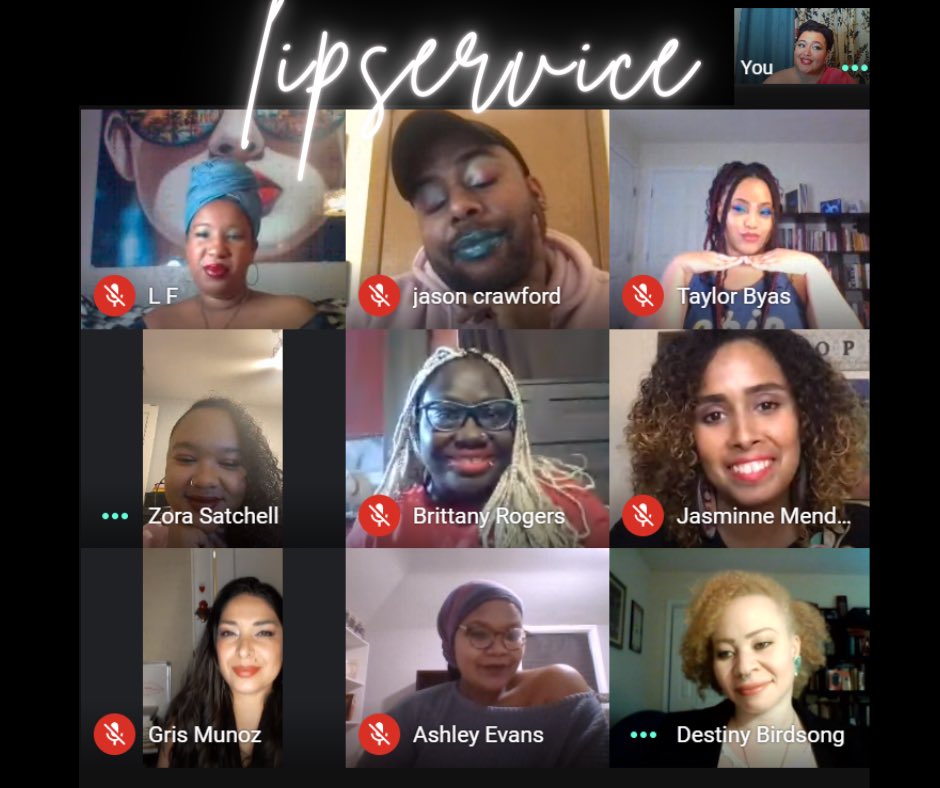In these uncertain times, set aside a weekend to escape into your writing and submit to contests. With deadlines of January 30 or January 31, these awards include grants for women writers and a prize for a manuscript on the subject of music. All feature a cash prize of $1,000 or more.
AKO Caine Prize for African Writing: A prize of £10,000 (approximately $12,860) is given annually for a previously published short story by an African writer. Shortlisted writers will receive £500 (approximately $643). Writers who were born in Africa, who are African residents, or who have a parent who is African by birth or nationality are eligible. Deadline: January 31. Entry fee: none.
Austin Community College Balcones Prizes: Two prizes of $1,500 each are given annually for a poetry collection and a book of fiction published during the previous year. Deadline: January 31. Entry fee: $25 for poetry and $30 for fiction.
Black Lawrence Press Big Moose Prize: A prize of $1,000, publication by Black Lawrence Press, and 10 author copies is given annually for a novel. The contest is open to traditional novels “as well as novels-in-stories, novels-in-poems, or other hybrid forms that contain within them the spirit of a novel.” The editors will judge. Deadline: January 31. Entry fee: $25.
Crazyhorse Writing Prizes: Three prizes of $2,000 each and publication in Crazyhorse are given annually for a poem, a short story, and an essay. Yona Harvey will judge in poetry, Rumaan Alam will judge in fiction, and Sabrina Orah Mark will judge in nonfiction. All entries are considered for publication. Deadline: January 31. Entry fee: $20 (includes subscription).
Fish Publishing Short Memoir Prize: A prize of €1,000 (approximately $1,170) and publication in the Fish Publishing anthology is given annually for a short memoir. The winner is also invited to give a reading at the West Cork Literary Festival in July 2021. Blake Morrison will judge. Deadline: January 31. Entry fee: €18 (approximately $21) for online entries or €20 (approximately $23) for postal entries.
Ghost Story Screw Turn Flash Fiction Competition: A prize of $1,000 and publication on the Ghost Story website and in the 21st Century Ghost Stories anthology will be given annually for a flash fiction piece with a supernatural or magical realism theme. The editors will judge. Deadline: January 31. Entry fee: $15.
Iowa Review Awards: Three prizes of $1,500 each and publication in Iowa Review are given annually for works of poetry, fiction, and nonfiction. Tracie Morris will judge in poetry, Jamel Brinkley will judge in fiction, and Melissa Febos will judge in nonfiction. All entries are considered for publication. Deadline: January 31. Entry fee: $20.
Main Street Rag Poetry Book Award: A prize of $1,200, publication by Main Street Rag, and 50 author copies is given annually for a poetry collection. The editors and previous winners will judge. All entries are considered for publication. Deadline: January 31. Entry fee: $25 entry fee ($27 for electronic submissions).
Masters Review Short Story Award for New Writers: A prize of $3,000 and publication in Masters Review is given twice yearly for a short story by an emerging writer. The winning story will also be reviewed by a select group of literary agents. Writers who have published a book with a circulation of 5,000 or more copies are ineligible. Helen Oyeyemi will judge. Deadline: January 31. Entry fee: $20.
Money for Women/Barbara Deming Memorial Fund Individual Artists Grants for Women: Grants of up to $1,500 each are given in alternating years to feminist poets, fiction writers, and nonfiction writers who are citizens of the United States or Canada. The current round of grants will be awarded to poets and nonfiction writers. Deadline: January 31. Entry fee: $25.
New Millennium Writings New Millennium Writing Awards: Four prizes of $1,000 each and publication in New Millennium Writings are given twice yearly for a poem, a short story, a work of flash fiction, and a work of creative nonfiction. Previously unpublished works or works that have appeared in a journal with a circulation of under 5,000 are eligible. The editors will judge. Deadline: January 31. Entry fee: $20.
North Carolina Writers’ Network Thomas Wolfe Fiction Prize: A prize of $1,000 is given annually for a short story. The winning story will also be considered for publication in Thomas Wolfe Review. Therese Anne Fowler will judge. Deadline: January 30. Entry fee: $25.
Regal House Publishing Terry J. Cox Poetry Award: A prize of $1,000 and publication by Regal House Publishing is given annually for a poetry collection. Martha Kalin will judge. Deadline: January 31. Entry fee: $25.
Schaffner Press Nicholas Schaffner Award for Music in Literature: A prize of $1,000 and publication by Schaffner Press is given annually for a poetry collection, a novel, a short story collection, an essay collection, or a memoir that “deals in some way with the subject of music and its influence.” Deadline: January 31. Entry fee: $25.
Visit the contest websites for complete guidelines, and check out the Grants & Awards database and Submission Calendar for more contests in poetry, fiction, and creative nonfiction.






